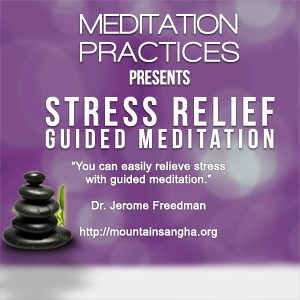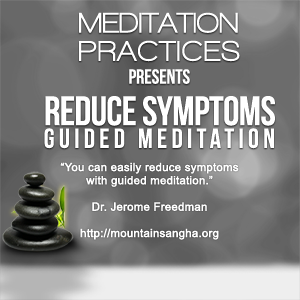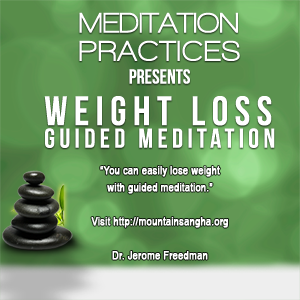Self-forgiveness, like self-compassion can often be very difficult. If we remember what Jack Kornfield said, “Forgiveness is giving up all hope of a better past,” we can begin to forgive ourselves and other people in our lives.
In my way of thinking, forgiveness, like gratitude and loving kindness, are clear paths to inner peace and happiness.
 The process of self-forgiveness is at best difficult, but with intention and diligence, we can move in the direction of self-forgiveness. To do this, it is best to begin with several deep breaths and withdraw yourself into yourself. Become aware of you body.
The process of self-forgiveness is at best difficult, but with intention and diligence, we can move in the direction of self-forgiveness. To do this, it is best to begin with several deep breaths and withdraw yourself into yourself. Become aware of you body.
Now recall a time when you have hurt yourself or did something to yourself that you feel sorry for.
When you have recalled such a time, think to yourself, “I have caused myself pain and suffering for this and other thoughts, words, or deeds. I now forgive myself.” You may wish to repeat this several times, either by recalling other events or staying with the time that you recalled.
If this step seems too difficult, tune into your feelings and try to discover what is going on. Forgive yourself for a small thing to get started, and progress gently and compassionately to what you once thought to be unforgivable.
Please note that Timothy A. Pychyl also comments on self-forgiveness in his book, Solving the Procrastination Puzzle:
“This self-change process is uneven. We truly do feel like one day we leap ahead and the next day we fall back. Although we have to be committed to change and firm in our efforts to be strategic, we also have to be kind to ourselves during this challenging process. We all face setbacks, disappointing moments, and frustrations with our apparent lack of progress. Your attitude toward these setbacks and yourself will be extremely important to your continued progress. Be kind but firm with yourself, and be willing to forgive yourself when you do not live up to your own expectations.
One of our recent studies was about this issue of self-forgiveness and procrastination. It has important implications for each of us as we take the self-change journey. What we found was that self-forgiveness for procrastination was related to less procrastination in the future.”
—Timothy A. Pychyl from Solving the Procrastination Puzzle
In my humble opinion, all forgiveness is self-forgiveness because it is most difficult to forgive ourselves and this makes it much more difficult to forgive others.
Did you try the self-forgiveness exercise? How did it work? What did you forgive yourself of doing to yourself?
Books by Timothy A. Pychyl
 |
Solving the Procrastination Puzzle: A Concise Guide to Strategies for Changeby The revised edition of the self-published hit, offering powerful strategies to end procrastination. |












.jpg)
You must be logged in to post a comment.